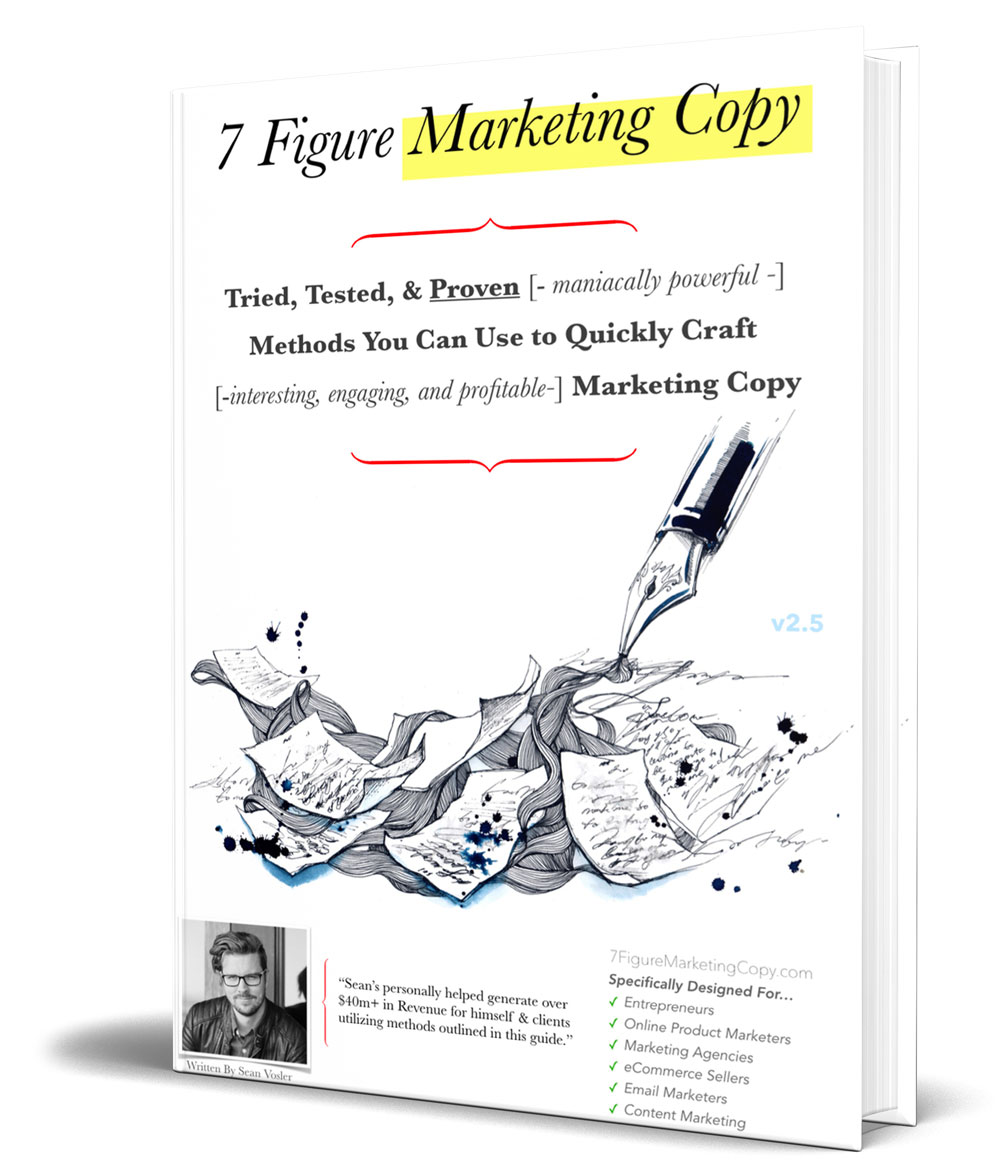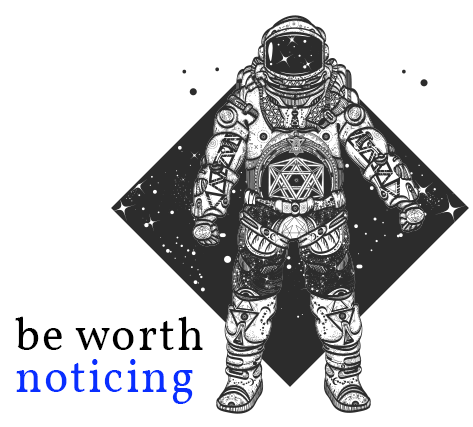Want to create? Meditate. Define “hidden gems” of your creative process to keep you going…
After close to 30,000 sales of my 7 Figure Marketing Copy Guide (thank you!), several years of development, and making just about every mistake you can make I’m finally getting it ready to bring to print! More updates on this soon, but in this post I want to share some key insights about this whole creation process. Insights you can leverage when you’re facing your own “Mt. Everest” sized creation goals.
[Creation Insight #4] Why you start to create isn’t going to be the reason you keep creating…
There’s lots of reasons to write a book, make a course, or create anything designed to help others on their own journeys. The obvious: establish yourself and your brand as an expert, get exposure and speaking gigs, make some extra (or possibly considerable amounts) of income.
But there are less tangible benefits that I’ve stumbled into that now drive me personally more than all the rest…
First, it vastly improves your understanding of the concepts & issues in your field.
It’s one thing to know how to do a thing, it’s quite another to be able to explain it. The difference is in the depth of understanding you have, knowing not just how a thing works but why. As you construct your training you’ll likely start teaching the how… but you’ll bump into the ‘why’ and you might not be so sure. This forces you to stop, think, and research.
Imparting ‘why’ brings your student into the depths of understanding with you, helping them not just solve the one problem, or learn one concept, but it gives them a principle to solve a myriad of other problems.
For example, consider “how to write a headline”… it’s fairly straightforward: grab someone’s attention and peak their interest enough to continue reading. You can create templates and recipes to answer this how, like I do in my book.
But if you stop there you miss the big picture.
The answer to “why” a certain headline works and another doesn’t holds the key to getting away from the templates and moving into building influence, connection, trust, and intrigue with a reader.
How a thing works is knowledge, useful but fairly easy to find. Why a thing works is understanding, often precarious and difficult to define well and extremely valuable.
It’s why I split my book up in two core sections, one focuses on ‘how’ the next on ‘why’… but that’s another story.
And wisdom? It can mean many things, but I’ve found it’s best viewed as your own human connection with the ‘how’ and the ‘why’… the stories and experiences you’ve experienced that tie them together for your student.
What you create can have all three (knowledge, understanding, and wisdom) but in my experience the magic happens out of the realm of ‘how’ and in the realm of ‘why and wisdom’.
Put simply, creating a thing that helps others requires you to increase your depth of understanding on your subject of expertise… This is a beautiful thing.
It’s why I recommend pretty much all experts to write a book, even if they never publish it… the process of writing itself will help you as much as it helps your reader.
Another more abstract benefit?
You learn how to organize information and your thoughts better.
Feel like whenever you tell a story or try to explain a concept to someone it comes out like a bowl of spaghetti dropped on the floor? Samesies.
I’ll admit, the first few drafts of my book were a complete mess. I used to attribute this to my ADHD brain trying to spit everything out at once, but realized it’s because I never truly learned how to organize information. Some people are better at this than others, but it’s a learned skill for myself not a natural ability.
While I still have a lot to learn in the arena (just ask my wife) the act of writing my book has helped me improve in this area more than just about anything else.
It’s forced me to look at my writing from a readers perspective and ask “is my point clear?”. If not, which is almost always the case with the first draft, I need to revisit the structure of the content and fill in any gaps (and remove repetition). It’s also helped me clarify abstract concepts in my own mind around copywriting & marketing.
Organization is giving someone a fork to eat the spaghetti instead of throwing it in their face. Useful indeed.

 Let me send you a boatload of copywriting tips...
Let me send you a boatload of copywriting tips...